For some artists, the Cold War invited confrontations with Germany's Nazi past history and the ideological divisions that shaped their present.
1980–today

For some artists, the Cold War invited confrontations with Germany's Nazi past history and the ideological divisions that shaped their present.
1980–today
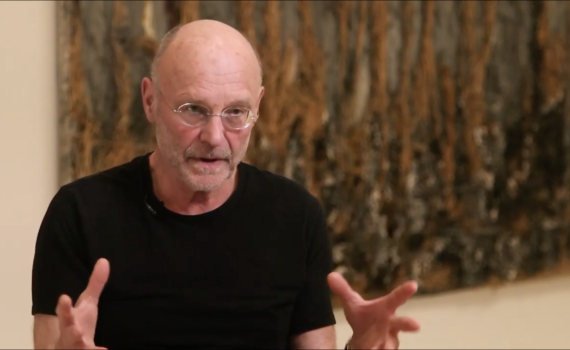
SFMOMA talks with German artist Anselm Kiefer about exploring the past and materials in his work
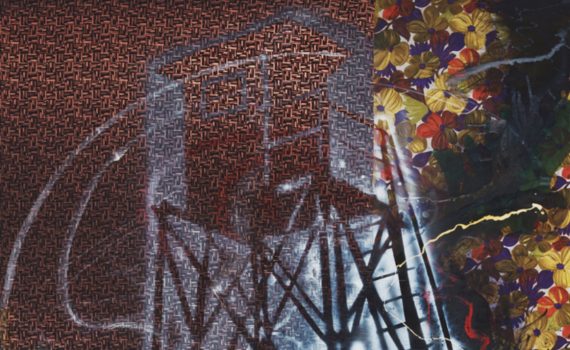
Cheap fabric with a garish print becomes an eerie specter of surveillance thanks to some creative chemistry.
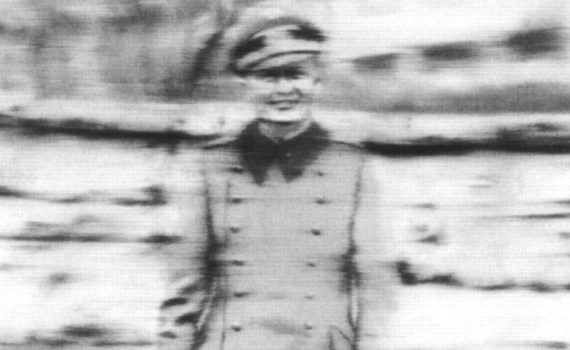
Richter toys with both visual and ethical clarity in this evocative, ambiguous painting of an uncle lost to WWII.
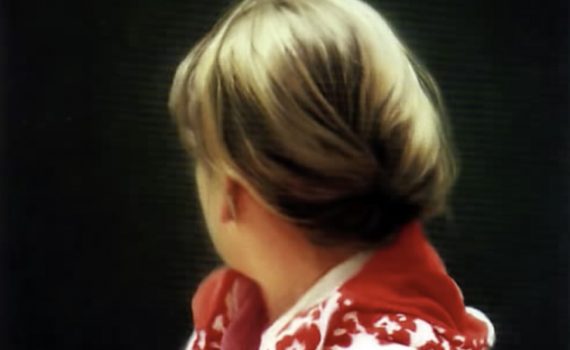
Hyperreal paintings like “Betty” are just one part of Richter’s practice, which resists stylistic classification.
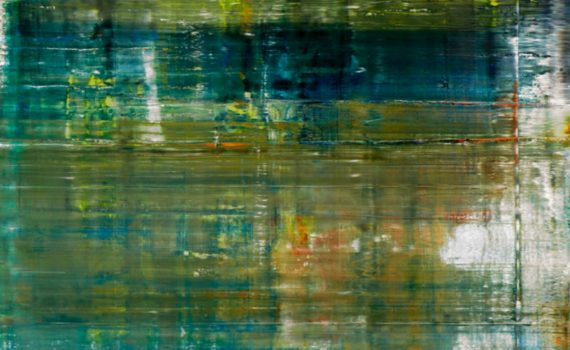
John Cage and Richter never met, but there was a kinship between these two artists with diverse practices.
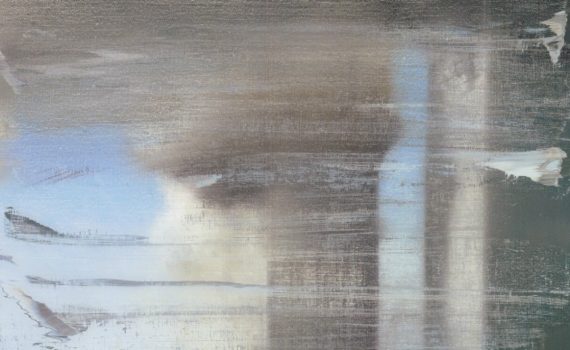
Richter revives the genre of history painting in the 21st century in this work showing the events of 9/11.
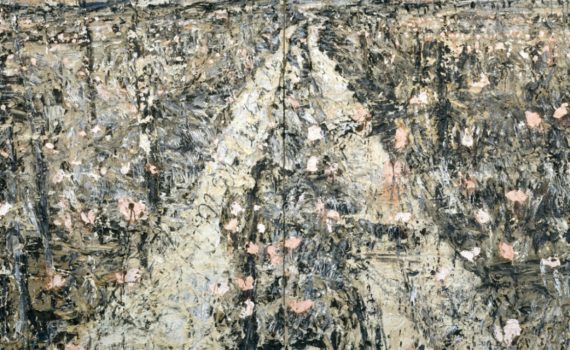
Is this a painting or a relief sculpture? Unclear. Whatever it is, Kiefer’s landscape is falling apart.